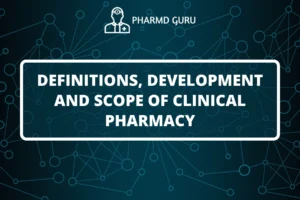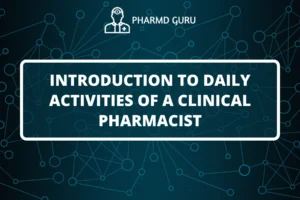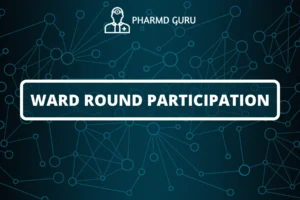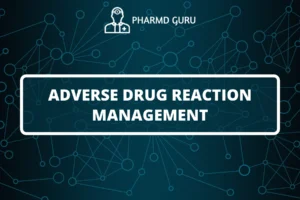Poisoning incidents can occur at any time, posing serious risks to individuals’ health and well-being. In such situations, access to accurate and timely poisons information is crucial for healthcare professionals, poison control centers, and the general public. This article explores the organization of poisons information and highlights key information resources that support poison management and emergency response.
SCROLL DOWN TO THE BOTTOM OF THE PAGE FOR ACTUAL NOTES
TABLE OF CONTENTS:
- Introduction
- Role of Poisons Information
- Organization of Poisons Information
- Poisons Information Resources
- Accessibility and Dissemination
- Collaboration and Networking
- Training and Education
- Quality Assurance
1. Introduction
Poisons information refers to the specialized knowledge and resources related to the identification, management, and treatment of toxic substances. It plays a vital role in poison prevention, risk assessment, and emergency response. Effective organization and availability of poisons information are crucial to ensure prompt and appropriate interventions.
2. Role of Poisons Information
The primary role of poisons information is to provide accurate, evidence-based guidance on the identification, toxicity, clinical manifestations, and management of toxic exposures. It assists healthcare professionals, poison control centers, emergency responders, and the general public in making informed decisions regarding poisoning incidents. Poisons information also plays a critical role in public health surveillance, research, and policy development related to poisonings.
3. Organization of Poisons Information
Poisons information is typically organized and disseminated through specialized poison control centers, hotlines, or online platforms. These centers are staffed by trained healthcare professionals, such as toxicologists and pharmacists, who specialize in poison management. They serve as central hubs for collecting, analyzing, and providing poisons information to healthcare professionals and the general public.
4. Poisons Information Resources
Various information resources support poisons information services. These include:
- Toxicology Databases: Comprehensive databases containing toxicological information on various substances, including their chemical properties, mechanisms of toxicity, clinical effects, and management guidelines.
- Poisoning Treatment Guidelines: Evidence-based guidelines that outline the recommended management approaches for different types of poisonings, including decontamination procedures, antidotes, and supportive care.
- Poison Control Publications: Journals, newsletters, and publications specific to poison control that disseminate research findings, case reports, and updates on emerging toxicological issues.
- Poisoning Surveillance Systems: National or regional surveillance systems that monitor and track poisoning incidents to identify trends, inform public health interventions, and evaluate prevention strategies.
- Poison Information Hotlines: Dedicated phone lines staffed by poison control specialists who provide immediate advice and guidance in case of poison exposure or overdose.
- Online Resources: Websites, portals, and mobile applications that provide access to poison databases, treatment guidelines, educational materials, and self-assessment tools.
5. Accessibility and Dissemination
Efforts should be made to ensure the accessibility and wide dissemination of poisons information resources. Poison control centers and hotlines should have toll-free numbers and operate 24/7 to provide immediate assistance. Online platforms should be user-friendly, regularly updated, and available in multiple languages. Collaboration with healthcare institutions, emergency departments, and community organizations can enhance the reach and effectiveness of poisons information services.
6. Collaboration and Networking
Collaboration among poison control centers, healthcare professionals, public health agencies, and other stakeholders is essential for the exchange of information, coordination of response efforts, and sharing of best practices. Networking allows for the pooling of resources, joint research projects, and the establishment of standardized protocols for poison management.
7. Training and Education
Continuous training and education are necessary for healthcare professionals involved in managing poisoning cases. Poison control centers should offer specialized training programs, workshops, and conferences to update healthcare professionals on emerging toxicological issues, new treatment modalities, and advances in poison management. Public education campaigns should also be conducted to raise awareness about poison prevention, safe storage of substances, and the appropriate response to poisoning emergencies.
8. Quality Assurance
Maintaining the quality and accuracy of poisons information resources is crucial. Poison control centers should establish quality assurance mechanisms, such as peer review, regular updating of databases, and adherence to evidence-based guidelines. Ongoing evaluation of the effectiveness and impact of poisons information services should also be conducted to ensure continuous improvement.
ACTUAL NOTES




